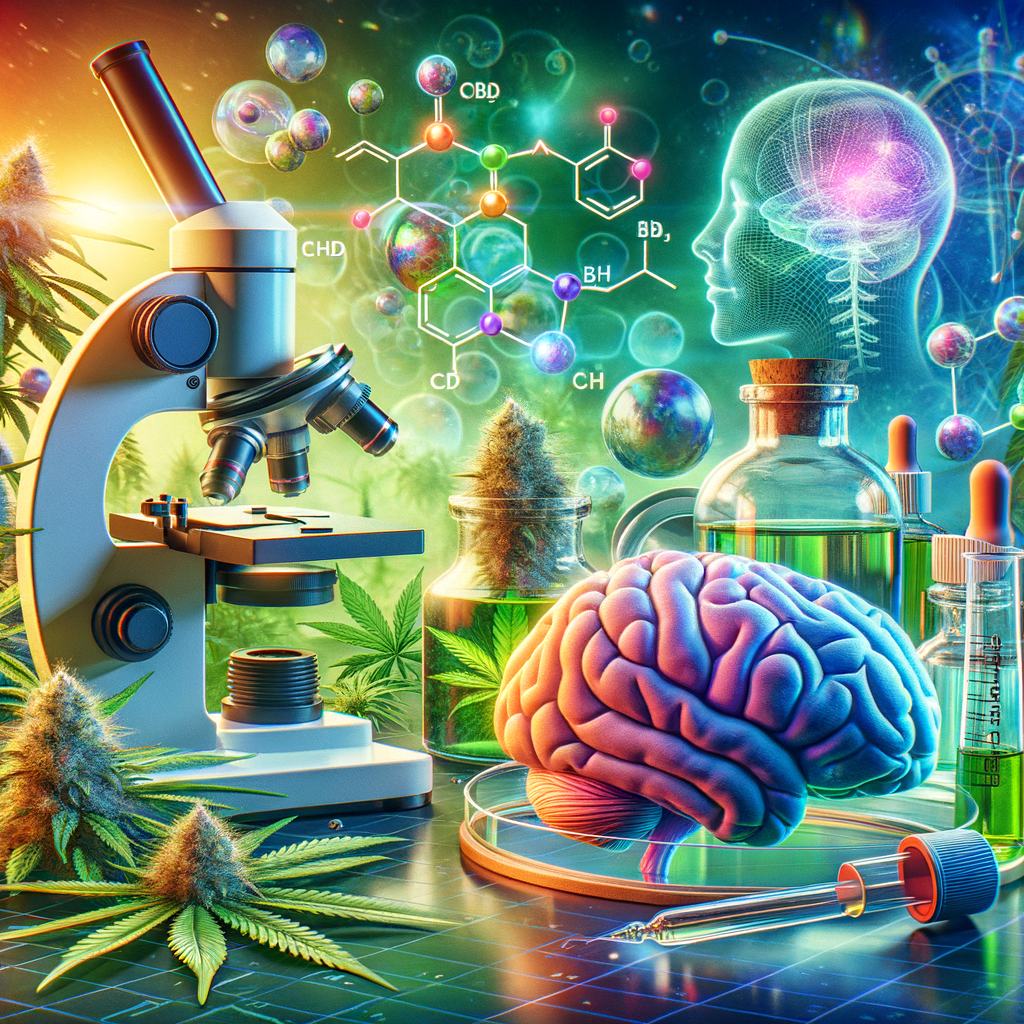The Truth Behind CBD’s Psychoactive Effects
The rise of Cannabidiol (CBD) in health and wellness discussions has spurred a myriad of research and a wide array of products captured by an eager market. Despite its popularity, misconceptions, particularly regarding its psychoactive properties, have persisted. This blog aims to unravel the truth behind such claims while providing clarity on what consumers should know.
Understanding CBD and Its Chemical Origins
To comprehend the psychoactive implications of CBD, it is essential to understand its chemical origins. CBD is one of the many compounds found in the cannabis plant, known as cannabinoids. Unlike its more infamous counterpart, Tetrahydrocannabinol (THC), CBD does not produce the same euphoric effects commonly associated with marijuana use. The fundamental differences between these two cannabinoids lie in their interaction with the body’s endocannabinoid system, which plays a crucial role in regulating a wide range of physiological processes.
Cannabinoids and the Endocannabinoid System
The endocannabinoid system (ECS) consists of receptors located throughout the body, specifically the CB1 and CB2 receptors. THC interacts primarily with the CB1 receptors in the brain, resulting in its psychoactive effects. In contrast, CBD has a low affinity for these receptors and can even modulate their effects, which means it may counteract some of the psychoactive or addictive properties of THC.
Debunking Myths Surrounding CBD
With the flourishing market for CBD products, several myths have emerged. Below are common misconceptions along with factual clarifications:
- Myth: CBD gets you high.
Fact: CBD does not produce a high. Its interaction with the ECS is markedly different from that of THC, making it a non-intoxicating alternative. - Myth: All hemp-derived products contain THC.
Fact: Legally, CBD products must contain less than 0.3% THC, rendering them non-psychoactive in practice. - Myth: CBD is a cure-all.
Fact: While promising, research on CBD is still in its infancy, and it is not universally applicable to all ailments or conditions.
The Therapeutic Benefits of CBD
Despite misconceptions, extensive research has highlighted several potential therapeutic benefits of CBD. Some of these include:
- Anti-inflammatory: CBD may help in reducing inflammation, making it a potential treatment for conditions like arthritis.
- Anxiety Relief: Early studies suggest that CBD can help manage anxiety and improve sleep quality.
- Seizure Management: In the US, the FDA has approved a CBD-based medication to combat rare forms of epilepsy.
Current Research and Future Directions
Ongoing research continues to explore the full spectrum of CBD’s effects. Recent studies are looking into:
- The potential for CBD in treating anxiety disorders.
- Its efficacy in pain management.
- Long-term health effects and safety.
Conclusion
The narrative surrounding CBD is layered and multifaceted. As we delve deeper into its properties and effects, the **importance of distinguishing facts from myths** becomes clearer. Although CBD is largely considered non-psychoactive and offers various potential health benefits, consumers must approach it with an informed perspective. Continued research is essential in validating its uses and ensuring consumer safety in a rapidly evolving industry.
As you consider integrating CBD into your wellness routine, it is prudent to consult healthcare professionals and stay informed about credible research findings. Only then can you navigate the complexities of this fascinating compound with confidence.
There you have it… See what works for you…
Campbell M Gold
To Create Health, Wealth, Success, and Longevity through the Power of Your Subconscious Mind, Visit: Campbell M Gold.com
Visit The Store and see what else can be of help


Leave a Reply